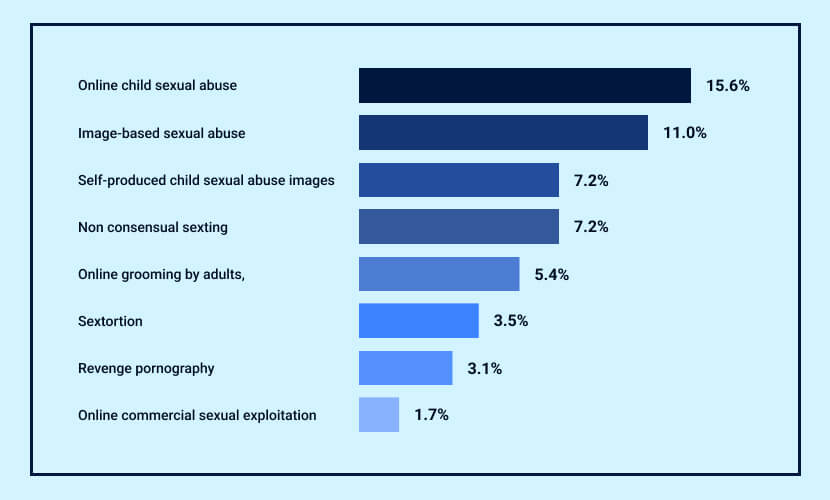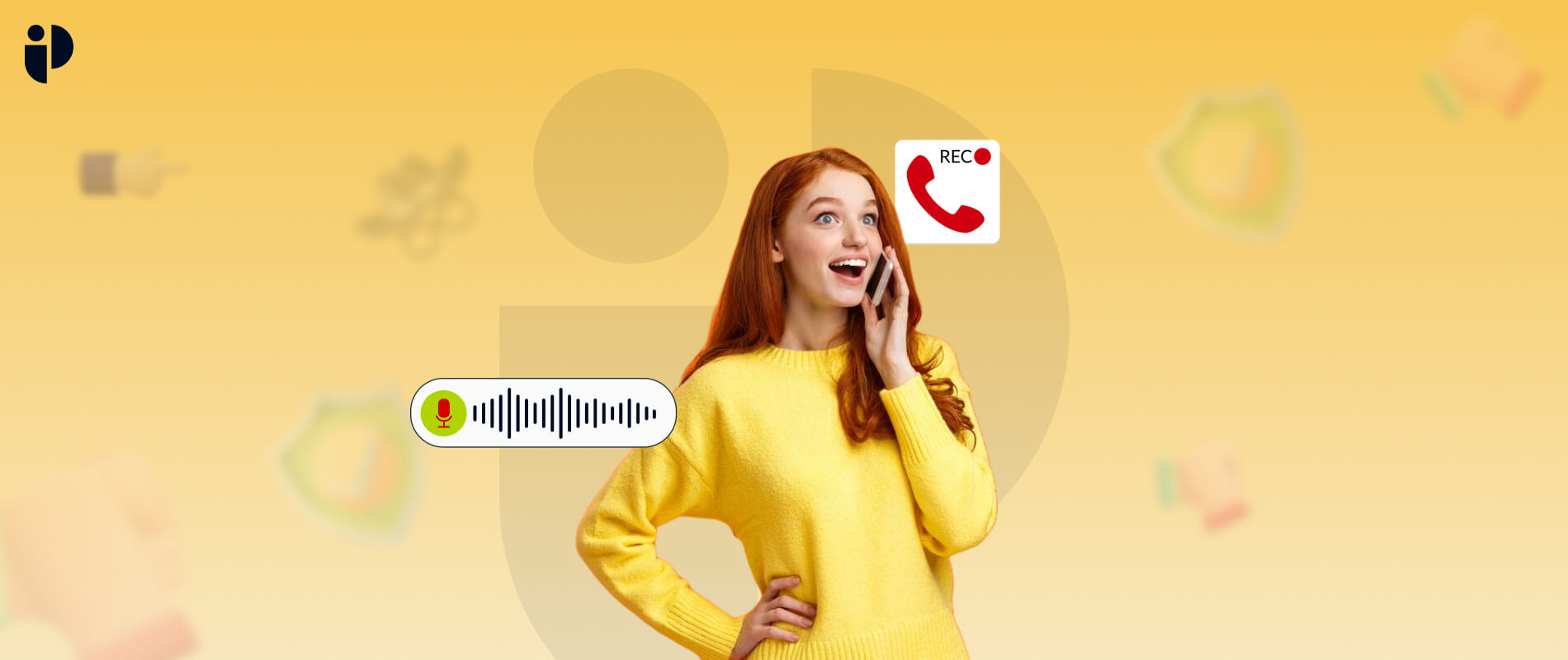Kids these days are connected to the digital world more than they are connected to the real physical world. The internet provides a wealth of opportunities for learning and pleasure, but it also poses a number of digital risks and threats that could jeopardize children’s safety and wellbeing.
Online predatory behavior, in which people with nefarious motives use the internet to target and exploit helpless children, is one of the most alarming concerns. As parents, it is essential for us to be aware of this issue and take action to safeguard children.
We’ll discuss online predatory behavior in this blog post, including how it can affect children, how parents can protect their children and especially through the use of parental control software.
What is an Online Predator?
Online predators are individuals who perpetrate child sexual abuse on the Internet.
One unique thing about the internet is that it has removed many barriers, making it possible for people to talk to children under the age of 18 online. Sometimes these exchanges are harmless, but sometimes they can lead to unbearable consequences.
Online predators are able to stay hidden because of the Internet.This means that they often hide their age, gender, and how they look by hiding behind a computer screen.
Online predators no longer have to go to great lengths to fit in with society. They can now go anywhere in cyberspace and look for people to target and build relationships with them.
Rates of Online Predation in USA
According to National Institute of Health;
A total of 2639 individuals were surveyed. Childhood (before 18 years of age) prevalence rates were as follows:
- Online child sexual abuse 15.6%
- Image-based sexual abuse 11.0%
- Self-produced child sexual abuse images 7.2%
- Non consensual sexting 7.2%
- Online grooming by adults, 5.4%
- Revenge pornography 3.1%
- Sextortion 3.5%
- Online commercial sexual exploitation 1.7%
The prime age of vulnerability across all categories was 13 to 17 years. Predators in most categories were predominantly dating partners, friends, and acquaintances, not online strangers.

How To Safeguard Your Kids From Online Predation or Molestation?
The Internet is a necessary part of our lives but making sure kids are safe online has become very important. Predators can easily target children as they are more vulnerable than adults.
It’s parents’ job to learn & acquire tools to safeguard kids online.
Open Communication
Open and Honest Communication start when you give your kids an environment where they can talk about their online activities. They must be able to discuss their relationships without fear of judgment.
Tell them they don’t have to worry about getting in trouble if they come to you with any computer problems.
Encouraging open conversation between parents and children helps build trust between them.
Children are more likely to talk to their parents about their online experiences and worries, which gives parents a chance to act quickly.
Setting Limits
Set clear rules about how long they can spend in front of a screen, what websites and apps they can use, and how they can use social media.
Make sure your kids know these rules and why they are important.
Setting limits keeps people from getting into trouble.
Educate Your Kids About online Risks
Teach your kids about the risks of sharing personal information. Explain the risks of online conversations with unknowns as well as how important privacy is. Tell them how internet predators might try to trick them, and let them know what tricks they usually use.
By teaching kids about internet risks, you give them the power to make good decisions.
When kids know about possible risks, they can spot and avoid situations that could hurt them.
Parental Control Software
Use parental control tools to help you keep an eye on what your child does online. These tools give you important information about what they do online. They enable you to set limits that fit with your family’s values and safety needs.
It lets parents keep track of what their kids are doing online and spot possible dangers.
It blocks access to sites and things that aren’t appropriate. Helps you get the most out of your screen time.
Teach Online Ethics
Educate your kids how to behave online, and stress how important it is to be kind and respectful to others. Teach them how to deal with differences and what to do if they see cyberbullying.
It encourages online behavior that is polite and responsible. It shows kids how to deal with online fights and bullies.
Privacy Settings and Social Media Awareness
Review and change your child’s privacy settings on social media and other internet accounts they use often. Show them how to decide who can see their posts and details.
We can prevent the leaking of their personal data by changing their privacy settings. It encourages kids to be responsible with their online appearance.
Supervision
Actively watch what your child does online, especially if they are young. Pay attention to who they are talking to and what they are looking at.
Immediate Intervention lets parents step in if they see behavior or exchanges that worry them.
Conclusion
To summarize, if you want to protect your children from being exploited online, you need to use a multi-pronged approach that integrates communication, education, and various forms of technology aid.
Building a secure online environment for your kids is a basic thing. As they explore and learn there are high chances of being exposed to threats and dangers.
You can reduce this by encouraging open communication, educating your children about online threats.
The other way is using parental control software and monitoring their activities online.
Keep in mind that the first line of defense in keeping your children from being abused or exploited online is for you as a parent to be well-informed and actively involved.





